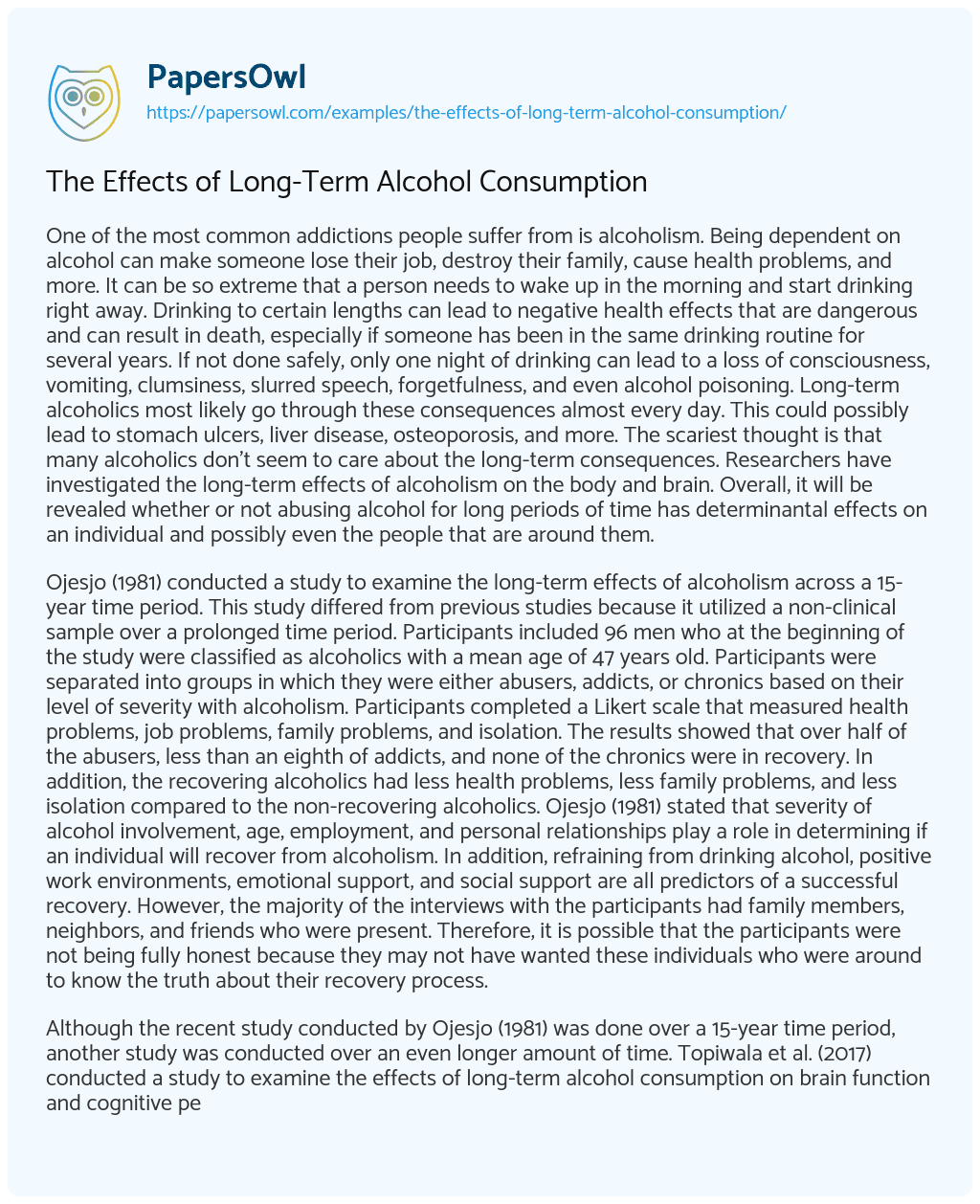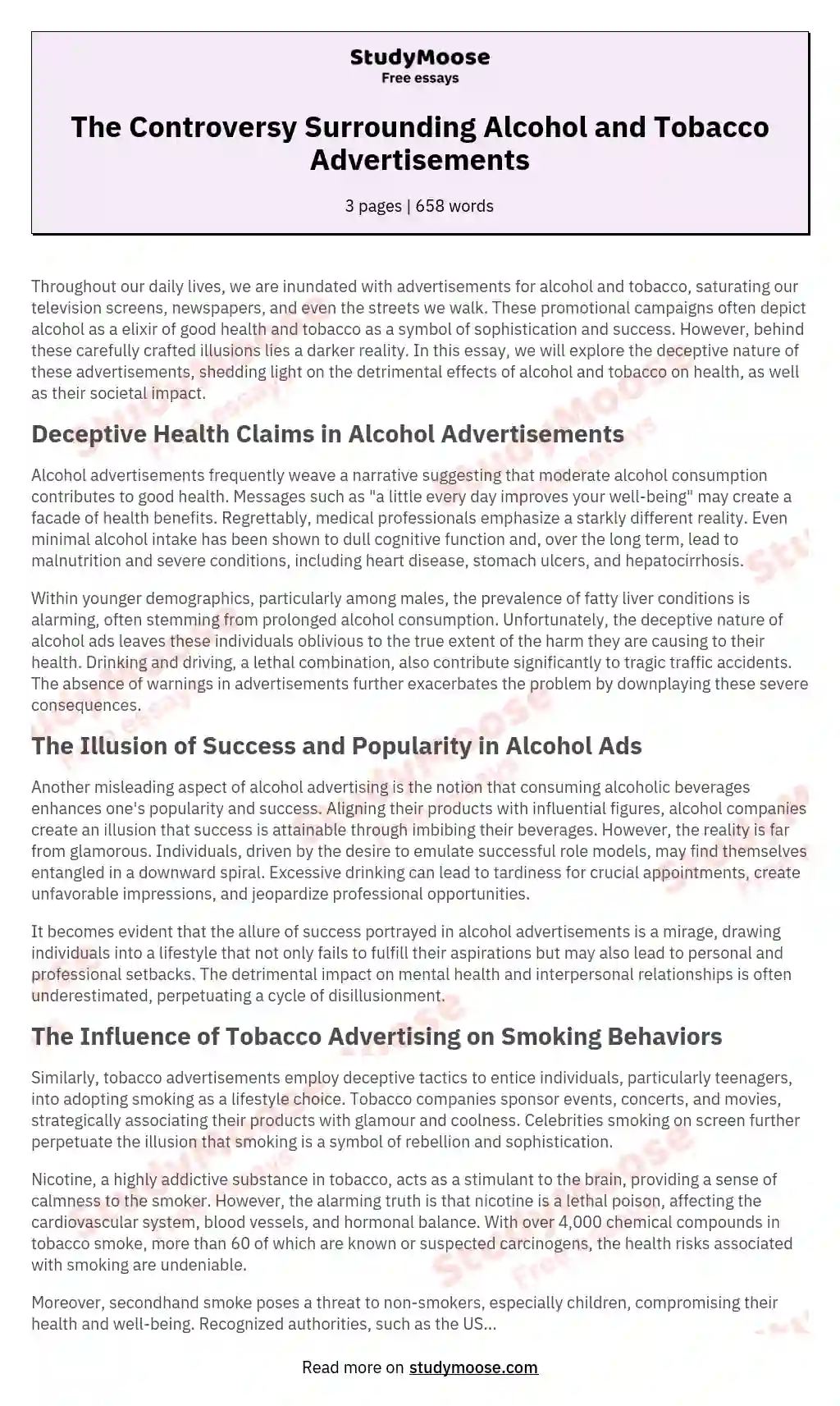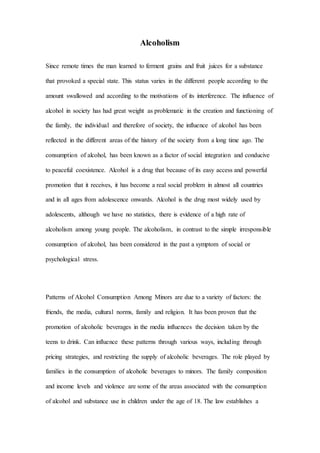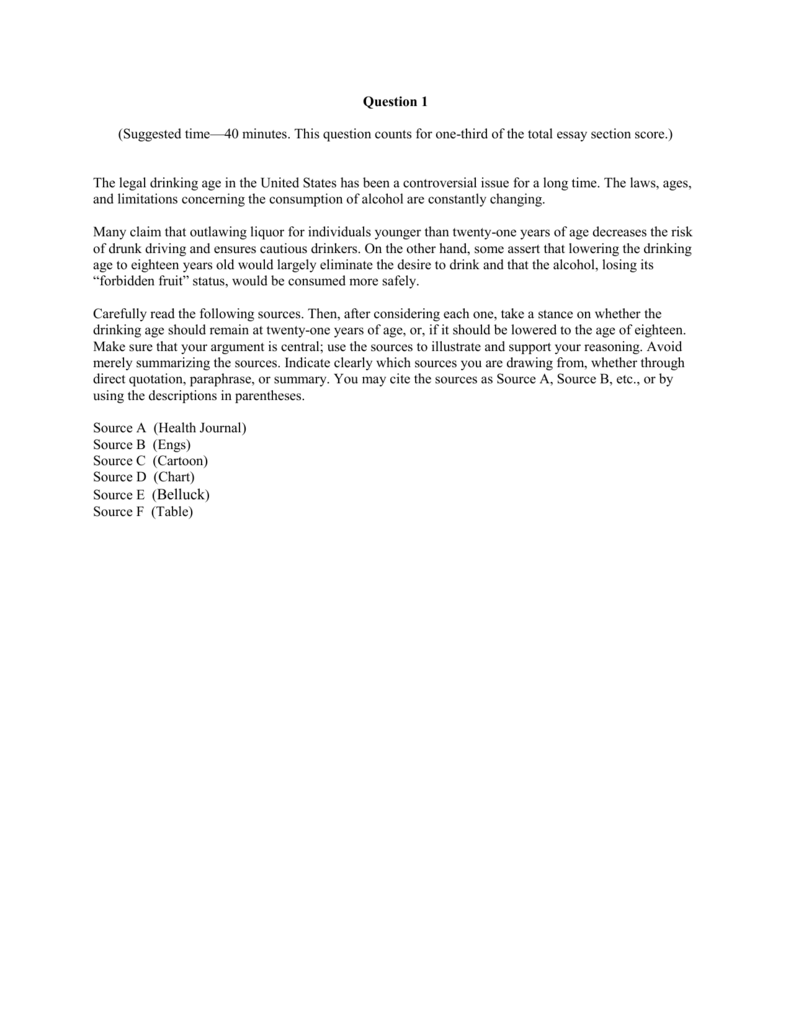Alcohol consumption is a common practice in many societies around the world. While moderate alcohol intake has been linked to some potential health benefits, such as reducing the risk of heart disease and stroke, excessive alcohol consumption can lead to serious negative consequences for both the individual and society as a whole.
One of the main negative impacts of alcohol consumption is its potential to cause addiction. According to the National Institute on Alcohol Abuse and Alcoholism (NIAAA), alcohol is the most commonly used addictive substance in the United States. When an individual becomes dependent on alcohol, they may continue to drink despite negative consequences, such as problems with relationships, work, or health. Alcohol addiction can lead to serious physical and mental health problems, including liver disease, pancreatitis, and depression.
In addition to the negative effects on individuals, alcohol consumption can also have negative impacts on society. Alcohol-related accidents and injuries are a leading cause of death and disability worldwide. According to the World Health Organization (WHO), alcohol is a factor in more than 200 types of injuries and diseases, including traffic accidents, falls, and violence. In addition, alcohol consumption can lead to social problems, such as domestic violence and child abuse.
Excessive alcohol consumption can also have economic consequences for both the individual and society. For individuals, alcohol addiction can lead to financial problems, such as the inability to hold down a job or pay bills. On a societal level, the costs of alcohol-related problems, such as healthcare and lost productivity, can be significant.
Given the negative consequences of excessive alcohol consumption, it is important for individuals to be aware of their own alcohol intake and to make responsible choices. This may include setting limits on the amount of alcohol consumed, choosing not to drink at all, or seeking help for an alcohol addiction. Governments also play a role in reducing the negative impacts of alcohol by implementing policies such as increasing taxes on alcohol, limiting the availability of alcohol, and regulating advertising.
In conclusion, alcohol consumption can have both positive and negative impacts on the individual and society. While moderate alcohol intake may have some potential health benefits, excessive alcohol consumption can lead to addiction, negative health consequences, and social and economic problems. It is important for individuals to make responsible choices when it comes to alcohol and for governments to implement policies to reduce the negative impacts of alcohol on society.






